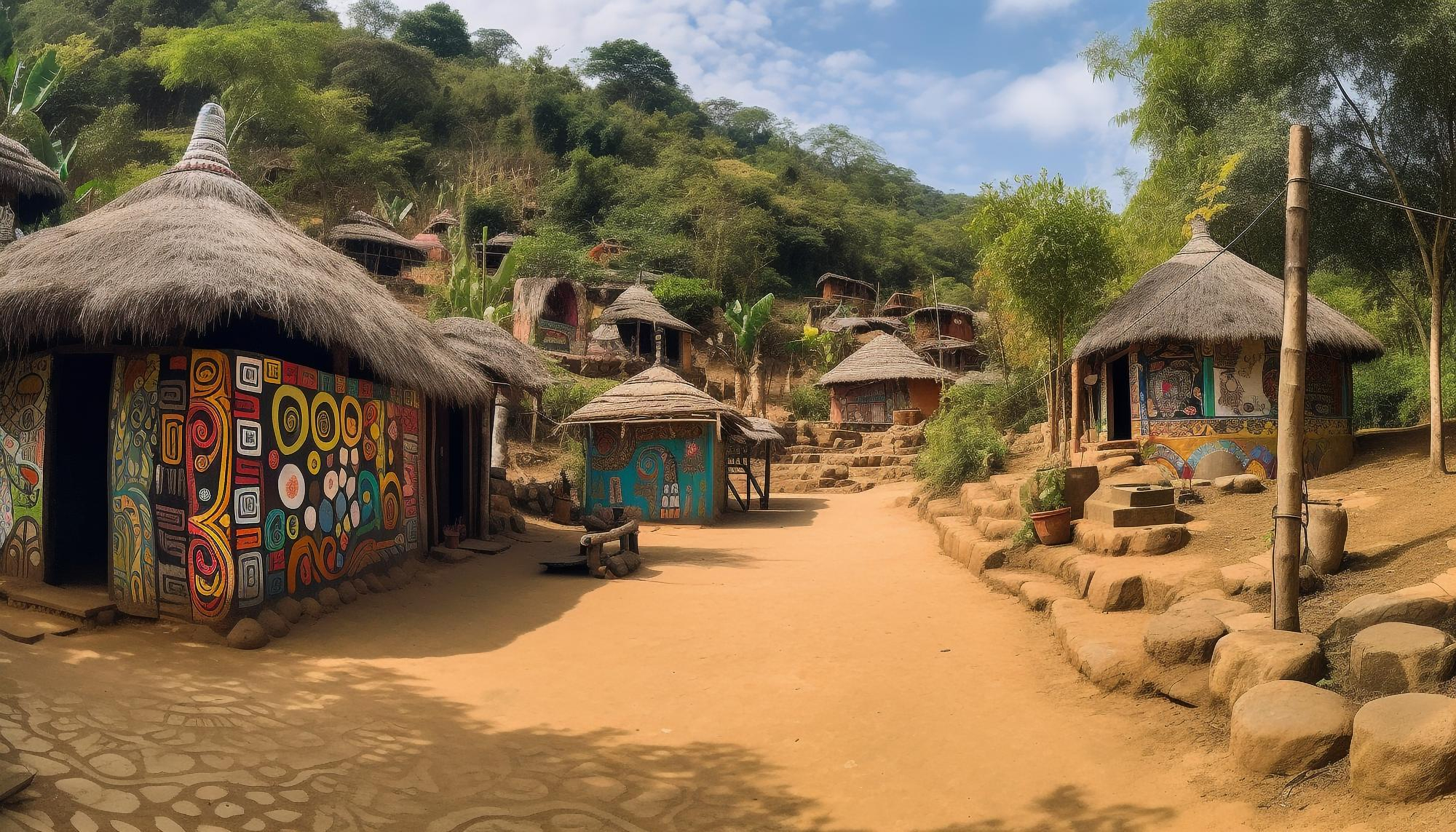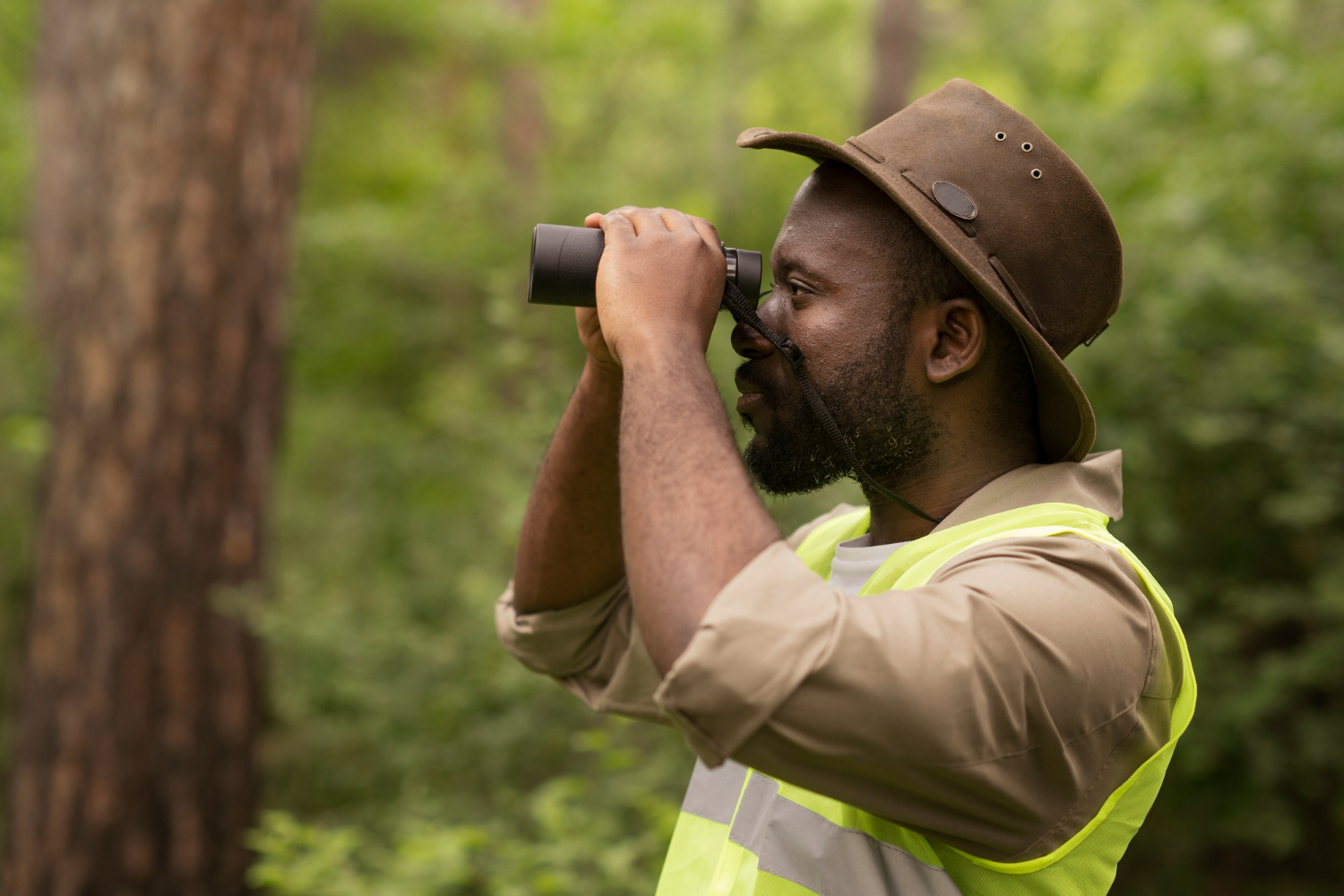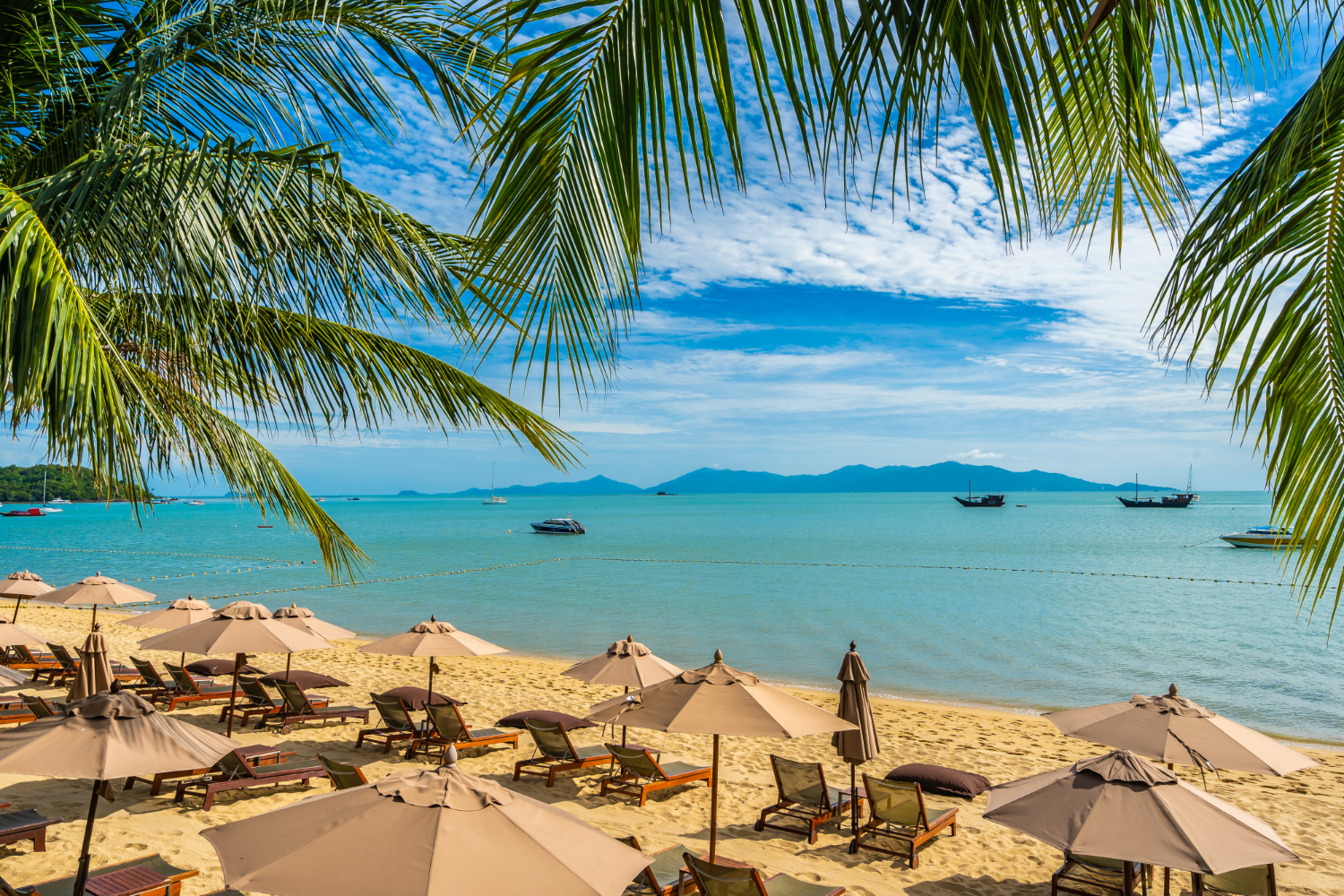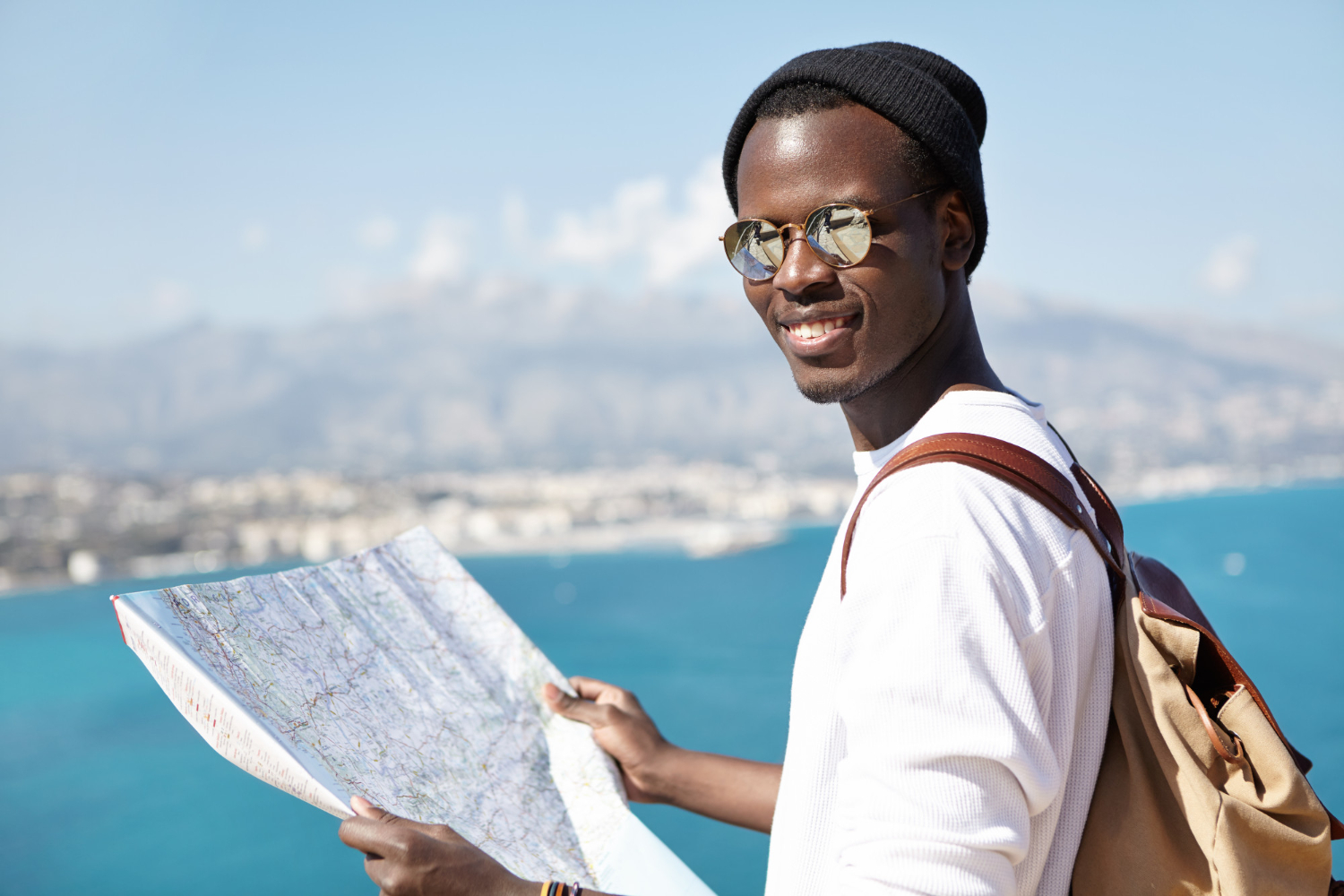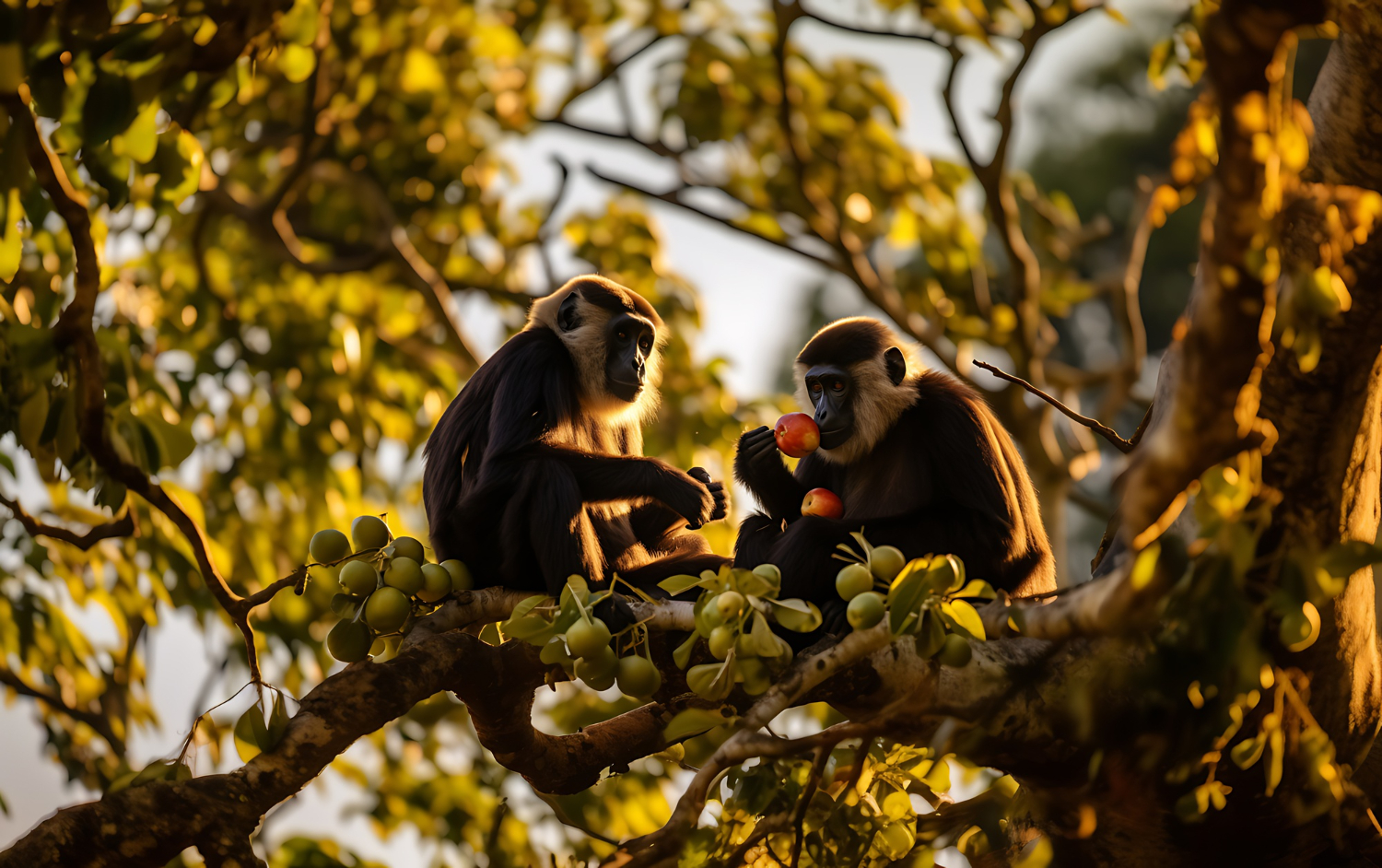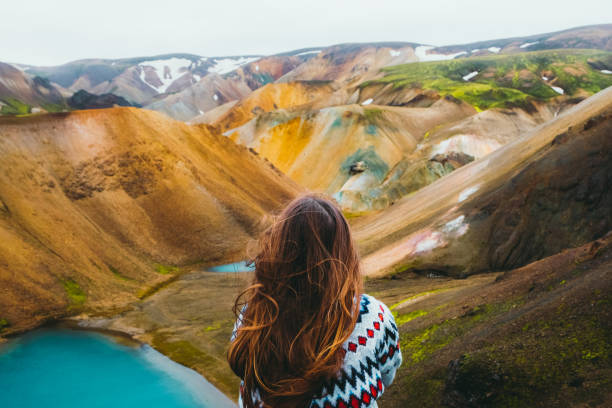Iceland is an ideal place for a vacation. There are many things to see and do. You should consider visiting Iceland in March or April when the weather is warm.
Planning a visit and want to get an idea about the best times to visit Iceland? This practical guide includes a five-step process that helps you decide when to travel.
Also, there aren’t many activities available during this season. However, in winter, the weather is mild and comfortable. There are also more things to see and do.
When is the Best Time to Visit Iceland?
Most people you ask will say that the best time to visit Iceland is in July or August. This is because of the high temperatures and low rainfall. In June, there is less sunlight than in July and August.
The summer months are the hottest. Bad weather is not uncommon.
Also, the weather is unpredictable. Some days we get rain, but other days we get sunshine. So, it is better to come in July or August.
Some will say visiting in June is also very nice.
However, from observation and testimony of other people, April-May is the perfect time to visit Iceland because of the light days.
Most people go there in the summer but we suggest visiting in spring or fall. In autumn the nights get chilly and snowfalls.
Why is this the Best Time of Year to Visit Iceland?
May and September are the best times to travel to Iceland because they offer low prices and fewer crowds but still allow visitors to enjoy the country’s natural wonders.
Although traveling in the shoulder seasons helps to reduce the cost of traveling to Iceland. Most of the museums, sights, and attractions that shut down in the winter months are open throughout the summer months. Winter is coming, but there are still plenty of activities to do during the colder season.
Skiing, hiking, and other outdoor sports are available year-round. There are fewer visitors, but the mountain areas offer great skiing conditions. Prices are also less expensive.
Also Read; Best Time to Travel to Costa Rica from Nigeria | 2022 Full Guide
When Is The Best Time to Visit Iceland? Steps to Planning A Perfect Trip
Best Time to See Whales in Iceland
Whale watching is most common in June and July. Humpback whales, blue whales, and orca are seen here. You can also see here minke whales and dolphins.
Whale watching is an excellent activity during the summer months. The best place to do this is in Húsavík.
Orcas can be seen here too. In the north of Iceland, there is a peninsula called Snæfellsnes. This is another great spot for whale watching.
Read This Article As Well; 17 Best Places to Travel in your 20s in the US | 2022
Best Time to Visit the Hot Springs
Icelanders use hot waters for health reasons. The hot springs are an important part of the local culture. Reykjavik’s public pools are open throughout the year.
But there are many other hotspots around the country. These are usually found at the bottom of mountains. They are very popular in autumn and wintertime. You should go there if you want to be alone.
Visitors should avoid visiting this place during the peak season because there are too many people. During the off-season, visitors can enjoy the natural beauty of the lagoon without being overwhelmed by tourists.
Explore These 10 Best Places to Travel as a Travel Nurse in 2022
Best Time to Visit Iceland for Northern Lights
The aurora borealis is an amazing natural phenomenon. You’ll need three essential factors for it to be visible: dark skies, clear conditions, and high levels of solar activity.
Travelers should avoid planning trips to Iceland for the northern lights during the summer months because the island’s weather can be unpredictable.
Instead, travel from October through March, when you’ll have extended hours of nighttime and reduced light pollution.
The Northern Lights are visible all year round. The Sun never sets in Iceland. Whale watching is the most popular activity in Iceland. To see whales, visitors should go to the north coast of Iceland.
Northern light spotting is also very common during this period. Visitors should watch out for the aurora borealis.
See Also; Best Time to Travel to Greece from Nigeria in 2022
Best Time to Visit Iceland in Winter
In Iceland, the temperature drops below freezing during the night. This makes it easier In This to see the northern lights.
Visiting Iceland in November is the best time to do this because there is less sunlight than in other months.
In Winter, the days are very short, and the nights are longer than usual. This means that if you want to see the Aurora Borealis (Northern Lights), you should go there when the sunsets.
There is also an abundance of light pollution in Iceland, so it is difficult to take clear photos without using a tripod.
Check Out; 21+ Cheapest Countries to Travel to from Nigeria in 2022
Best Time to Visit Ice Caves and Glaciers in Iceland
Ice caves are accessible throughout the year, but most are closed during the summer months. You can reach them by plane or car, but there are fewer options if you travel in the summer.
Most people take tours to see these natural wonders. The best time to go is between November and March.
See Also; 10 Cheapest African Countries to travel to from Nigeria in 2022
Best Time to Visit Iceland for Skiing
Iceland’s ski season usually starts around Christmas time and ends around Easter time. In winter, you should go skiing during this period because there is more light and the weather is more favorable.
Best Time to Visit Iceland in Summer
Summertime is the peak season in the Icelandic countryside. It’s also the time when people head out of town to enjoy nature. You can expect crowds and high prices.
Early July, before school breaks for summer, is the best time to travel to Iceland in the summertime. Temperatures are warmest during the summer months, but the crowds are slightly lower outside of the holiday season.
Locals joke about how the country’s weather is fickle. Fridrik Palssons, owner of Iceland‘s prestigious Hotel Ranga, said “Ask me about the weather in Reykjavik and I’ll tell you in a minute”, in short, it changes all of the time – this is also true in the summer months.
If you are visiting during the winter months, however, expect cold and windy conditions. The weather is notoriously unpredictable. No matter what the season, be sure to bring appropriate clothing.
Best Time to Visit the Blue Lagoon in Iceland
Geothermal water plays a crucial role in Icelandic lives. The most famous of them is the Blue Lagoon.
The local community built it after World War II as a tourist attraction. It became popular among tourists and locals alike.
Nowadays, it attracts about 2 million visitors every year. It is located near Reykjavík, the capital city of Iceland.
Blue Lagoon is a popular tourist destination in Iceland. Booking in advance is recommended, especially during the summer months when the water temperature is high.
Best Time to Hike in Iceland
Hiking in Iceland is an excellent idea if you want to see glaciers up close. You should avoid hiking in June, July, and August because Read those months are the hottest.
Hiking in Iceland should take Read place between May and September, as the weather is most favorable then.
However, if you must go hiking in the winter months, make sure to wear proper clothing and footwear, as well as carry extra layers of clothes and supplies.
Also, choose a safe trail.
Best Time to Visit Iceland for Honeymoon
Honeymoons all depend on you! What are your plans for your We honeymoon? Are you planning a straight-after-wedding honeymoon or a bit-later honeymoon?
If you’ve always dreamed of a honeymoon in Iceland, the best season to come depends on what you want out of it. Do you want a hiking adventure? Choose summer.
If you prefer to visit the remote Westfjords? Choose summer.
Then, if you want to cozy up together and admire the Northern Lights? Visit during the winter.
We believe that traveling in the summer or wintertime can be very romantic too! There are more people around Iceland at this time of year. This makes us want to spend more time together, and we also get to see many highlights that we might otherwise miss out on.
Our travel consultants would recommend spending over one night in these places because staying longer gives us more opportunities to relax and enjoy ourselves.
Best Time to Visit Iceland for Families
You Usually, should definitely come during the summer months if you’re planning to go on holiday to Iceland.
There are many things to do, including whale watching, puffins, and boat tours on the water. We recommend traveling in the summer with children.
Long days allow us to stop frequently and stay for longer times. Slow-paced tours where you can spend several nights in one place are great options.
In winter, we recommend touring when the roads are clear, as you may need to change your plan last minute if snow or ice blocks the road.
Our family-friendly tours offer amazing ways to see Iceland without having to worry about getting lost in the city.
Best Time to Visit Iceland for Midnight Sun
Midnight sun tours in Iceland are available throughout the year. You can choose your tour based on the time period you wish to see the midnight sun.
These tours include accommodation, transport, entrance fees, and guides.
Best Time to Visit Iceland for Fun Events and Festivals
The most popular festival of the summer is Iceland National Day. This celebration takes place on the 17th of June every year. People across the country celebrate Independence Day.
They hold the main event in Reykjavik. The Icelandic National Day is an important day for Icelanders because it celebrates their independence from Denmark.
On this day, the national flag is raised in front of parliament and the president addresses the nation. People celebrate the day by wearing traditional clothes and eating traditional The A foods. Many people go out dancing or enjoy other activities such as swimming.
Secret Solstice Festival takes place in Reykjavik, Iceland. The festival celebrates the summer solstice. It is a musical event with banquets and parties. They hold the festival every year in June.
The festival includes many kinds of music. The festival takes place in Laugardalr valley in Reykjavik. It is located in the Borgarfjordur region and is a great option for those who want to explore Iceland’s beautiful nature while enjoying the culture and entertainment offered by the capital.
Reykjavik International Film Festival (RIFF) is an annual film festival held in Reykjavik, Iceland. This event showcases films from around the world. The winner gets a golden puffin. The Icelandic Airwaves Music Festival is an annual music festival held in Iceland since 2001. It was founded by Ísafold and Hafthór Júlíus Björnsson.
What are the Seasons in Iceland?
People will commonly say in Iceland; that if you don’t like the weather, all you have to do is wait for five minutes. Inevitably, this is true, given how quickly the weather can shift in a single day.
While this is true, four distinct seasons exist in Iceland, each of which has its own unique appeal.
Each season brings a different reason to visit. You should be prepared for any type of weather during your trip.
What’s spring like in Iceland?
Iceland awakens from its winter slumber as spring arrives in April which means the ice and snow melt. Temperatures increase steadily, so the days become warmer and better suited for outdoor exploration.
Vegetation grows green. Migrating whales and dolphins start to visit the waters around Iceland in search of food in April.
This makes April and May great months for whale-watching as the equinox is rumored to bring increased solar activity.
So it’s still possible to see the famous Northern Lights until early April, but the increasing hours of daylight make it hard to see them.
What’s Summer like in Iceland?
Although summertime is the best time to travel to Iceland, you should be prepared for extreme heat. The average temperature during the summer months is about 9 degrees Celsius (50 degrees Fahrenheit).
However, if the sun is out and the air is still, then the temperature can rise up to 20 degrees Celsius (68 degrees Fahrenheit).
An amazing array of festivals celebrate the season. Visitors enjoy diverse cultural activities in Reykjavik. Hiking and horseback riding trips take place in the countryside.
Summer days are spent enjoying the midnight sun. The Icelandic summer lasts until mid-September.
What’s Autumn like in Iceland?
Autumn is a short but beautiful season in Iceland when nature changes colors. The northern lights are seen here.
Autumn is a beautiful season in Iceland. There are many colors in nature. The temperature is cool and fine. You can go out walking or hiking. Choose to see the northern lights. You can also take photos.
What’s Winter like in Iceland?
In contrast to what people may believe, winters are actually very cold in Iceland. There is snowfall throughout the year, but it usually melts quickly. You should not expect to see In the Orcas northern lights during the winter months.
In the winter months, the sun sets early and rises late. This causes the golden hour effect on snowy landscapes. Ice caves are open for tours in the winter months.
Roads may be icy and difficult to drive on. are spotted in West Iceland along Snaefellsnes Peninsula during the first half of the year, peaking in February and March.
When is the peak season in Iceland?
June to August is the peak season in Iceland, but there are still plenty of things to do even if you miss this period.
You should be prepared to pay more money than usual, as prices rise in the summer months. There are also fewer places open during this time.
We recommend visiting Iceland in September or October if you want to experience the best weather and the lowest prices.
What is the cheapest time to go to Iceland?
The best time to visit Iceland is in winter when there are fewer tourists.
Iceland is a beautiful country that offers many activities for tourists. However, it is expensive to visit.
The best time to visit Iceland is during summer. Winter and the off-season are also great times to visit Iceland as most of the attractions are free.
That being said, the cost is very high in Iceland as well as food which makes us always recommend grocery shopping in the country.
Check out our article on gas station prices in Iceland and grocery store prices in Iceland to help cut costs when traveling to this beautiful country.
Worst Times to Visit Iceland
Visitors are advised to visit Iceland in the spring or fall when the weather is milder and the days longer than in the winter.
You should prepare yourself if you wish to view the northern lights for chilly temperatures and short nights in the winter.
Visitors should be aware of the high tourist season in Iceland. During this period, it is very crowded and expensive. It is better to go to the west coast than the east coast.
Things to Consider When You’re Deciding The Best Time of Year to Visit Iceland For You
You should consider visiting Iceland if you want to see the northern lights, hiking, skiing, bird watching, whale watching, or just relax by the sea.
Avoid visiting Iceland during peak season. Also, be aware that the weather may be too cold for some activities.
Are you looking for an all-inclusive vacation? If so, plan to travel in May or September.
Were you thinking of doing whale viewing, bird-watching or hiking? Look at the optimum times of year to participate in these activities.
Do you despise being surrounded by people? If so, steer clear of popular summer spots.
The Aurora Borealis is something you’d like to see? As a rule of thumb, fall through spring are the best months to visit, but they’re not guaranteed.
Do you wish to keep your expenses to a minimum? A low or shoulder season visit is recommended if you can.
How to Get to Iceland
There are a number of budget airlines offering cheap flights to Iceland. You can check them out on our official website 247travels.com.
FAQs
What are the best times to visit Iceland?
In general, you’ll have the best weather, and the most opportunities for hiking and outdoor activities during the summer months, from June – August. However, the best time to visit Iceland might be different depending on what kind of traveler you are and what you hope to do and see while you’re there.
When is the best time to travel to Iceland?
The best time of year to travel to Iceland is during the shoulder season in May and September.
What is the best time of year to go to Iceland?
May and September are the best time of year to go to Iceland because they offer lower prices and fewer crowds but without the harsh weather conditions found in the winter.
What are the best times to see the Northern Lights in Iceland?
It’s not clear why, but the lights are often strongest during the spring and autumn equinoxes.
What are the cheapest times to go to Iceland?
Some of the cheapest times to go to Iceland are during autumn, winter, and spring –
What are the Northern Lights?
The Northern Lights add a dramatic paintbrush to Iceland’s colossal canvas.
Is Iceland a good place to visit?
Touring Iceland is convenient, and often more enjoyable than independent travel.
What are the best Iceland holidays?
Midnight sun photography vacations in Iceland are the stuff of bucket lists.
Conclusion
Go to chapter. Many people may wonder when the best time to go to Iceland is. Weather conditions play a big role in Icelanders’ lives, and over a lifetime the population here has learned to live with the extreme temperatures that the small island experiences.
When planning your trip it is important to know what you are in for at any given point of time during the year.
Each season has its own pros and cons, but in truth, there is no ‘best’ time to travel to Iceland as each of the four seasons has its own advantages and disadvantages.
References
